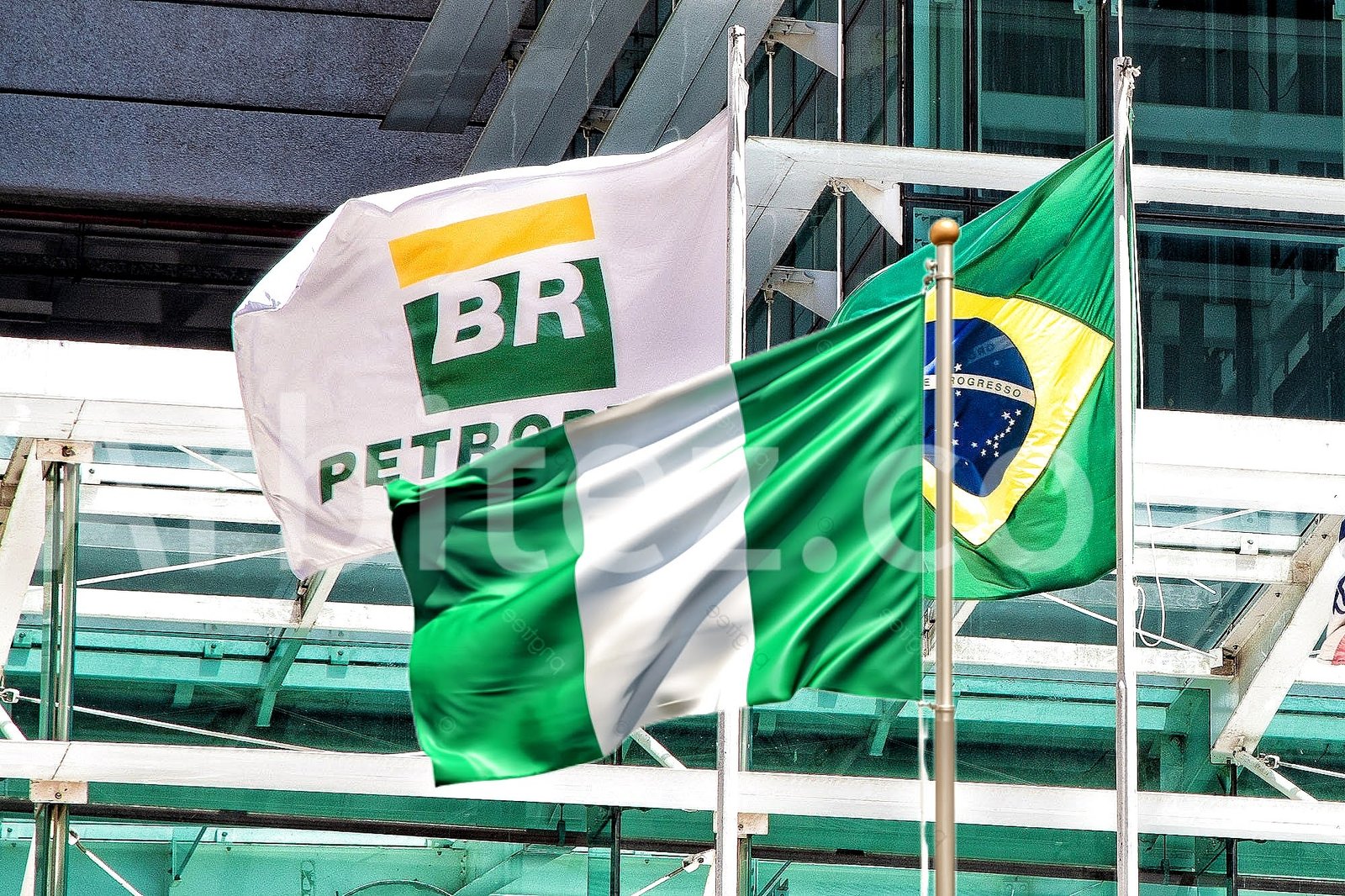President Bola Tinubu has welcomed the imminent return of Petrobras, Brazil’s state-owned oil company, to Nigeria after a five-year hiatus, signaling a revival of energy sector collaboration. Speaking at a joint press conference in Brasília during his state visit to Brazil on August 26, 2025, Tinubu emphasized Nigeria’s vast gas reserves, stating,
“We have the largest gas repository, and I see no reason why Petrobras should not resume operations as a key partner.”
He thanked Brazilian President Luiz Inácio Lula da Silva for committing to expedite the process, marking a new chapter in Nigeria-Brazil relations.
Oil & Gas
The relationship between Nigeria and Brazil, rooted in shared cultural heritage and economic ambitions, has been significantly shaped by Petrobras, Brazil’s state-owned oil company.
From its entry into Nigeria’s deepwater oil sector in 1998 to its announced return in 2025, Petrobras’ journey reflects the evolving partnership between the two nations.
On August 26, 2025, during a state visit to Brasília, President Bola Tinubu welcomed Petrobras’ imminent return after a five-year absence, signaling a revitalized energy collaboration.
This milestone, coupled with five Memoranda of Understanding (MOUs) signed to boost trade, diplomacy, science, aviation, and finance, marks a pivotal moment in Nigeria-Brazil relations.
The Historical Backbone: Petrobras in Nigeria (1998–2020)
Petrobras entered Nigeria in 1998, leveraging its deepwater expertise to acquire stakes in key fields like Agbami (8%), Akpo (16%), and Egina (12.75%) under Nigeria’s Oil Prospecting Licenses.
These fields, located 70 miles offshore in 5,000-foot waters, aligned with Nigeria’s push for foreign investment following the 1993 Deep Offshore and Inland Basin Production Sharing Contracts Act.
By 2008, Agbami began production at 250,000 barrels per day, followed by Akpo in 2009 (200,000 bpd) and Egina in 2018 (200,000 bpd).
Petrobras invested billions, fostering technology transfer and employing over 1,300 Nigerians by 2008. However, challenges like Niger Delta militancy, high drilling costs, and Brazil’s 2014 “Operation Car Wash” scandal strained operations. Facing a $100 billion debt, Petrobras exited Nigeria in 2020, selling its stakes for $1.53 billion to focus on Brazil’s pre-salt basins.
A Turning Point: Reforms and Re-Entry (2021–2025)
Post-2020, Nigeria-Brazil ties persisted through diplomacy and trade, with bilateral trade reaching $2.1 billion in 2024 (Brazil exporting $1 billion in sugar and jams, Nigeria supplying $1.1 billion in fertilizers).
Nigeria’s economic reforms under President Tinubu, including a liberalized foreign exchange market and anti-corruption measures, set the stage for Petrobras’ return.
By May 2025, discussions emerged about Petrobras targeting Nigeria’s “frontier” deepwater blocks. During Tinubu’s Brasília visit, he emphasized Nigeria’s vast gas reserves, stating, “I see no reason why Petrobras should not resume operations as a key partner.”
Brazilian President Luiz Inácio Lula da Silva pledged to expedite this, aligning with Nigeria’s goal to boost production from 1.5 million bpd to pre-2010 levels.
Beyond Energy: A Multifaceted Partnership
The five MOUs signed during the visit aim to transform symbolic ties into tangible progress. Tinubu highlighted Nigeria’s youthful population as a driver for innovation, urging collaboration in technology transfer, food security, manufacturing, renewable energy, and pharmaceuticals.
“Why can’t Brazil’s expertise in generic drug manufacturing be replicated in Nigeria?” he asked. Lula echoed this, emphasizing shared commitments to free trade amid global protectionism.
The approval of direct flights between Lagos and São Paulo, operated by Air Peace, was described as a “cultural renaissance” to boost business and tourism.
Brazil’s Embraer will establish a service center in Nigeria, supporting West Africa’s aviation sector. Lula also endorsed Nigeria’s G20 membership and UN Security Council aspirations, while both leaders committed to climate action, with Tinubu pledging support for tropical forest preservation ahead of COP 30.
The Future: A New Frontier
Petrobras’ return is poised to focus on gas development and new deepwater exploration, leveraging Nigeria’s reforms and Brazil’s expertise. Tinubu assured investors, “Our reforms were painful, but the results are blossoming.
The door is open for businesses.” The partnership extends beyond oil, with potential in agriculture, fertilizers, and machinery, given the shared demographic of large Black populations. Lula emphasized cultural bonds, noting, “Brazil is aware of the power of culture and music.”
With Nigeria’s resources and Brazil’s technology, both nations aim to make Africa a “new frontier” for development. As Tinubu stated, “There’s no other way to embrace it but through technology, research, and manufacturing.”
Conclusion
From Petrobras’ pioneering investments to its 2020 exit and 2025 return, Nigeria-Brazil relations have evolved through challenges and opportunities.
The Brasília visit, marked by a ceremonial reception at the Planalto Palace and a state luncheon at the Itamaraty Palace, underscores a shared vision. With Petrobras’ re-entry and the MOUs, both nations are set to deepen economic and cultural ties, promising a future of mutual growth.

